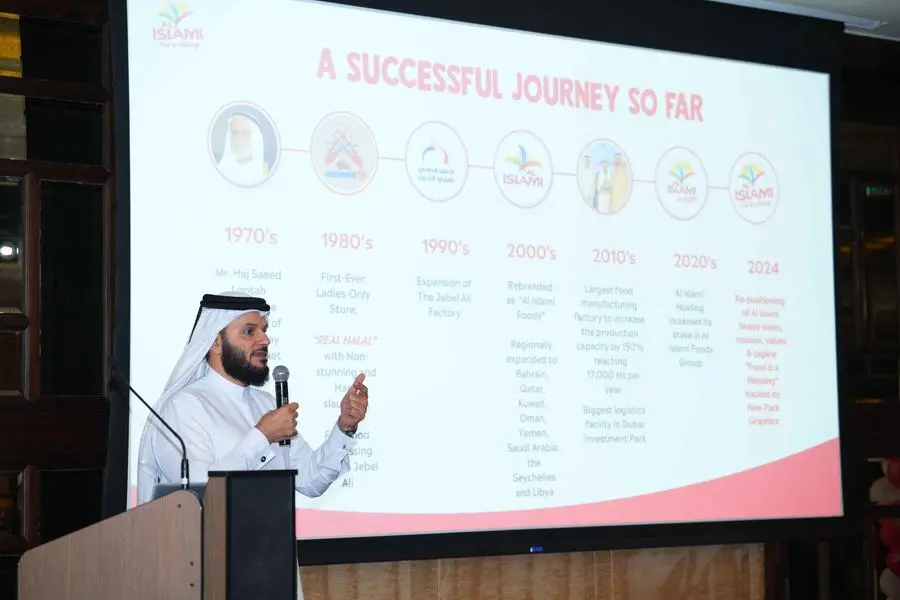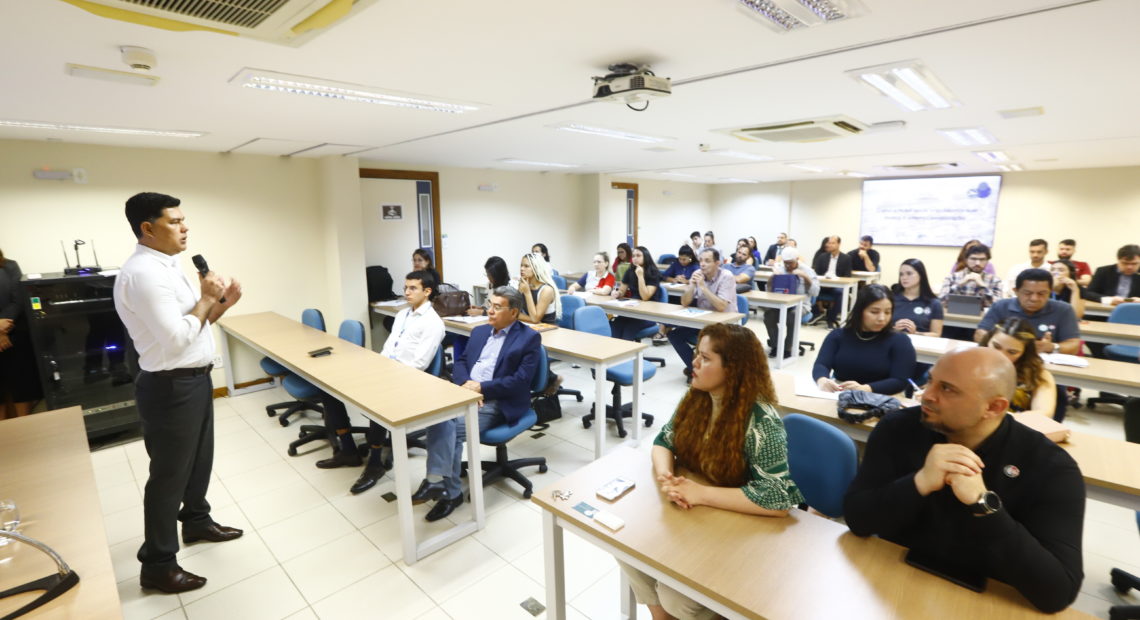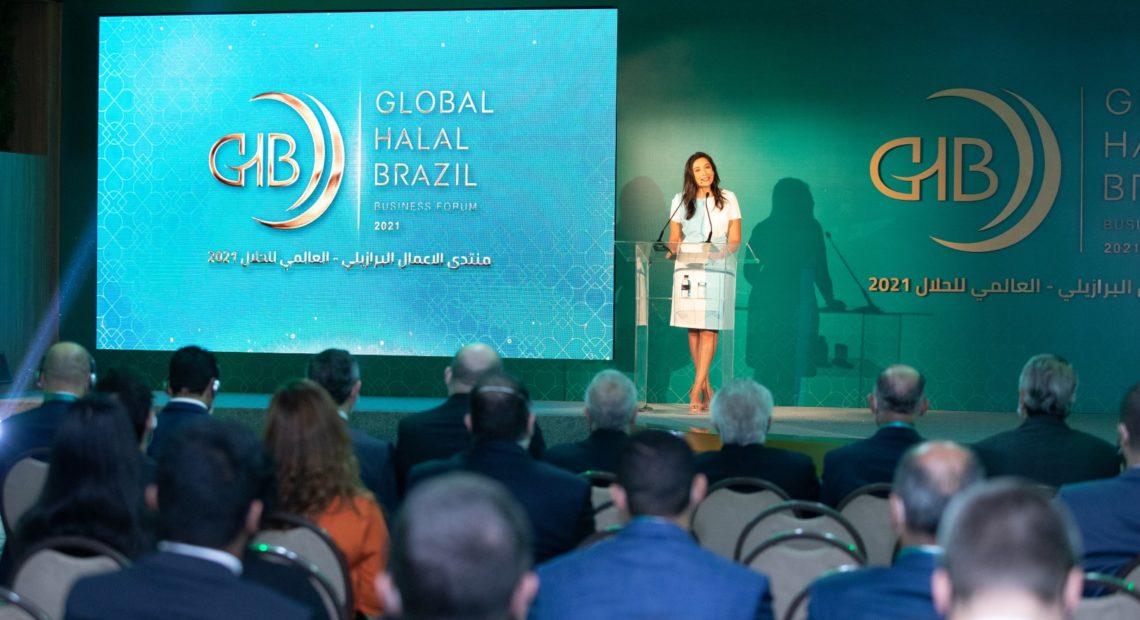The Indonesian government has delisted the two Muslim
authorities responsible for certifying halal meat in New Zealand,
and appears to be planning to import cheaper meat from Brazil.
Indonesia is the world’s most populous Muslim country, and its
moves threaten millions of dollars worth of New Zealand meat
exports.
It has set a deadline of October 1 for New Zealand to fix the
halal certification at the 60 meatworks listed to export to the
country.
Indonesia imports an estimated 70,000 tonnes of beef from
Australia and New Zealand annually. New Zealand meat exports to
Indonesia were worth about $90 million in 2008.
New Zealand Islamic Meat Management said it had been given no
explanation as to why it was delisted a month ago without
notice.
But the Federation of Islamic Associations – which has been
certifying meat in New Zealand for more than 30 years – said it
suspected Indonesia was being wooed by cheap product from
Brazil.
The Indonesian parliament passed a new law on animal husbandry
on May 12 which the Jakarta Globe reported took into account new
developments such as globalisation.
The law allows Indonesia to import live cattle and beef from a
wider range of countries, including those that are not yet free
from foot-and-mouth disease, he said.
Teguh Boediyana, the chairman of the Indonesian Cow and Buffalo
Farmers Association (PPSKI), told the Jakarta Globe domestic
farmers are angry about a government plan to import beef from
Brazil, which last suffered from a foot-and-mouth outbreak in 2004.
Brazilian beef is expected to retail for about 30,000 rupiahs
($NZ4.80) a kilogram in Indonesia, compared to domestic prices of
Rp 40,000 ($NZ6.40) to Rp 50,000 ($NZ8) a kg.
“The new law will only end up increasing our beef import
volumes, instead of improving levels of self-sufficiency,” the farm
lobbyist said. “Once the law goes into effect, we will be able to
source beef from more countries than before.”
Indonesia’s Ministry of Agriculture initially set 2010 as a
target date for the nation to become self-sufficient in beef
production, but it has since changed the deadline to 2014.
Indonesian demand for beet hit 397,000 tonnes last year, but
national production only met about 70% of this and the remaining
120,000 tons was imported, with most of it coming from New Zealand
and Australia.
New Zealand Trade Minister Tim Groser met his Indonesian
counterpart on Sunday and said restoring confidence in New
Zealand’s two certifying authorities will be a “medium-term” issue
to resolve.
At least 73 of the 76 Australian and New Zealand containers of
meat held at the port of Tanjung Priok contain New Zealand
beef.
Groser hopes these shipments could be sorted out on Monday or
Tuesday.
Agriculture minister Anton Apriyantono told an Indonesian news
agency that if the certification at the New Zealand meatworks was
not fixed up by October 1 “we will ban the import from the two
countries”.
Indonesia’s Muslim clerical organisation, the Ulema Council
(MUI) had claimed that halal meat slaughtered in New Zealand since
March 25 was not clean according to Islamic dietary law because
halal certificates for slaughterhouses across New Zealand were no
longer recognised.
Indonesian Agriculture Ministry director general of livestock
Tjeppy Sudjana said the MUI had conducted a complete evaluation on
halal certifying bodies in New Zealand and it recognised none.



